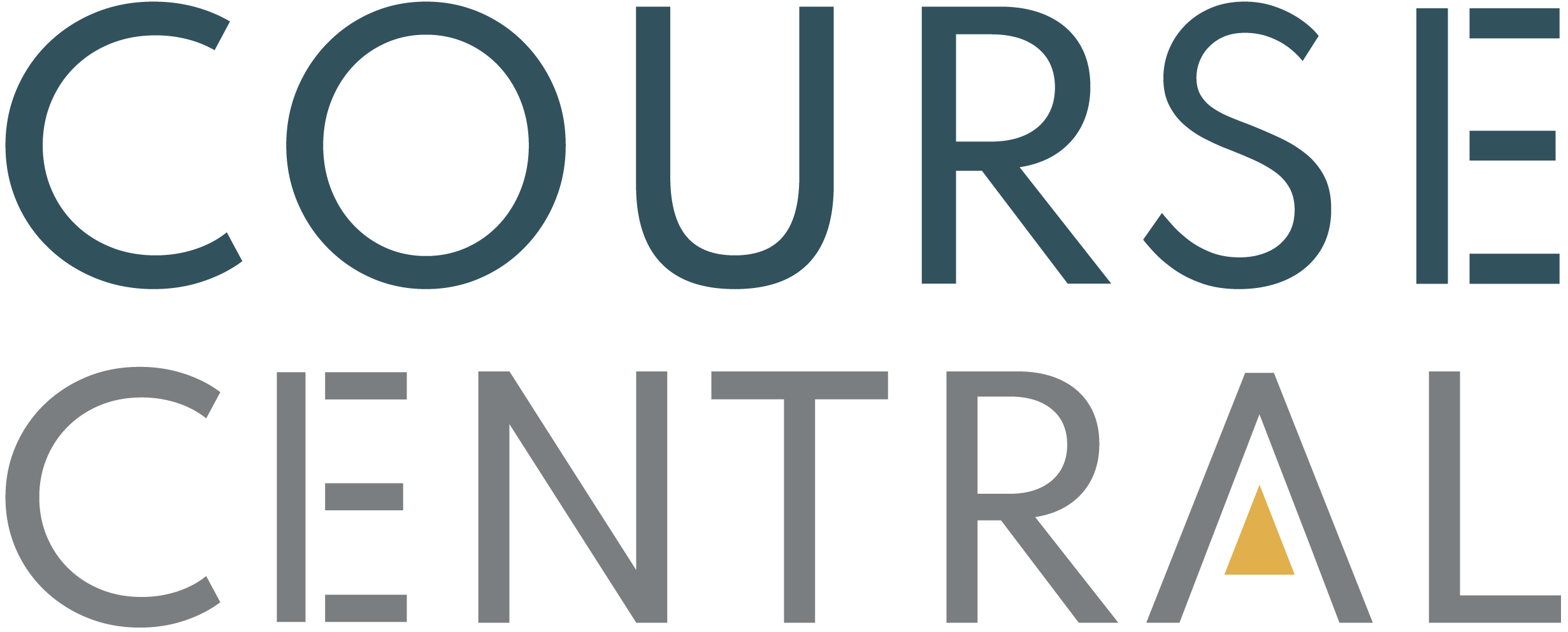
Explore using SQL and SQL database queries to increase productivity. Save time at work. Become an advanced user and impress employers with fast data insights. Gain sought-after skills for higher pay and promotions. Enjoy personal support from a certified engineer.
More about the course
What you will learn from this course?
- Become more productive at using SQL which will save you hours per day & eliminate stress at work!
- Increase your SQL skills and knowledge within hours which will get you noticed by top management & prospective employers!
- Become a Microsoft SQL database query advanced user within hours which will get noticed by top management & prospective employers!
- Get answers & insights from your data fast!
- We teach you how to use SQL with confidence that will lead to greater opportunities like a higher salary and promotions!
- One of the most sought-after skills in the current marketplace and one that pays 3 x above standard office jobs!
- Import & manipulate data from SQL server, access, SQLite, MySQL, Oracle, and other ERP systems
- Personal support from a Microsoft Certified Systems Engineer!
Is this course for you?
This course is ideal for those who work in or aspire to work in the following professions:- People who are in Accounting, Finance, Management, Auditing, Admin & Support, Sales, IT, Consulting,
- Banking, Marketing, Business Owners, Engineering, Project Management, Students, Teachers plus MORE!
- Beginner SQL developers aiming to query database tables
- Web developers wanted to master SQL queries
- Application back-end developers that need to constantly write SQL queries
- Developers wanting to upskill in SQL
- People who want to change careers and apply for a new job
- Interview Applicants preparing for live SQL query questions
- If you want to leverage SQL to stand out from the crowd, save hours each day, eliminate stress & get a promotion or pay rise, then you are invited to join this course!
Why Choose SQL - Master SQL Database Queries course?
- Conducted by industry experts
- Get Instant E-certificate
- Fully online, interactive course with Professional voice-over
- Developed by qualified professionals
- Self-paced learning and laptop, tablet, smartphone-friendly
- Tutor Support
Career Path
This training course will lead you to many different career opportunities, here are a few prospects:- Data Analyst - £26,000 per annum
- Data Manager - £52,507 per annum
- Data Scientist - £73,420 per annum
Industry Expert Instructor

Rated Excellent on Trustpilot
Course Content
-
- Master SQL Database Queries – Introduction 00:01:00
- Resource Files 00:02:00
-
- All About SQL 00:04:00
- Setting Up Your Training Ground 00:04:00
- Running the Initial SQL File 00:05:00
- Simple to Advanced Single Table Queries – Data Manipulation 00:08:00
- Simple to Advanced Single Table Queries – Simple Queries 00:13:00
- Simple Queries (exercise) 00:05:00
- Advanced Simple Queries 00:11:00
- Advanced Simple Queries (exercise) 00:06:00
- Subqueries 00:05:00
- Subqueries (Exercise) 00:06:00
- More SQL Examples and Exercises! 00:09:00

